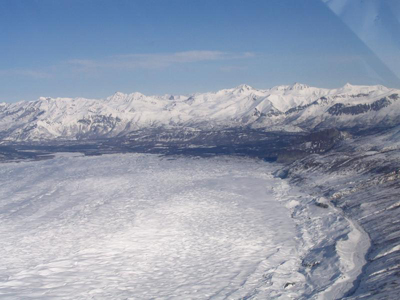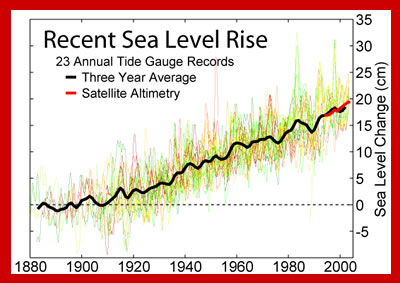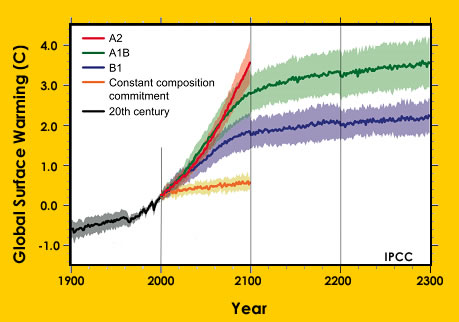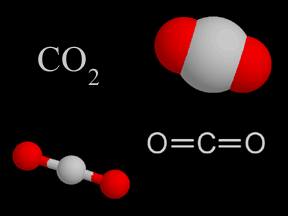Click on image for full size
Source: Iowa National Guard photo by Sgt. Chad D. Nelson
Related links:
Climate Literacy - Essential Principle 7
Climate change will have consequences for the Earth system and human lives.
Fundamental Concept 7a.
Melting of ice sheets and glaciers, combined with the thermal expansion of seawater as the oceans warm, is causing sea level to rise. Seawater is beginning to move onto low-lying land and to contaminate coastal fresh water sources and beginning to submerge coastal facilities and barrier islands. Sea-level rise increases the risk of damage to homes and buildings from storm surges such as those that accompany hurricanes.
Fundamental Concept 7b.
Climate plays an important role in the global distribution of freshwater resources. Changing precipitation patterns and temperature conditions will alter the distribution and availability of freshwater resources, reducing reliable access to water for many people and their crops. Winter snowpack and mountain glaciers that provide water for human use are declining as a result of global warming.
Fundamental Concept 7c.
Incidents of extreme weather are projected to increase as a result of climate change. Many locations will see a substantial increase in the number of heat waves they experience per year and a likely decrease in episodes of severe cold. Precipitation events are expected to become less frequent but more intense in many areas, and droughts will be more frequent and severe in areas where average precipitation is projected to decrease.
Fundamental Concept 7d.
The chemistry of ocean water is changed by absorption of carbon dioxide from the atmosphere. Increasing carbon dioxide levels in the atmosphere is causing ocean water to become more acidic, threatening the survival of shell-building marine species and the entire food web of which they are a part.
Fundamental Concept 7e.
Ecosystems on land and in the ocean have been and will continue to be disturbed by climate change. Animals, plants, bacteria, and viruses will migrate to new areas with favorable climate conditions. Infectious diseases and certain species will be able to invade areas that they did not previously inhabit.
Fundamental Concept 7f.
Human health and mortality rates will be affected to different degrees in specific regions of the world as a result of climate change. Although cold-related deaths are predicted to decrease, other risks are predicted to rise. The incidence and geographical range of climate-sensitive infectious diseases—such as malaria, dengue fever, and tick-borne diseases—will increase. Drought-reduced crop yields, degraded air and water quality, and increased hazards in coastal and low-lying areas will contribute to unhealthy conditions, particularly for the most vulnerable populations.















